Up Your Knowledge on Remineralization
Even with an ever broadening knowledge base on its etiology and prevention methods, dental caries remains a significant oral health problem across the globe. As oral health professionals, we are charged with helping our patients improve their dental health and avoid decay. Remineralization strategies can help support these efforts. Take this quick quiz to test your knowledge of remineralization.
Regardless of advances in science and prevention methods, tooth decay remains the most common chronic childhood illness today.
 mustafagull/iStock/Getty Images Plus
mustafagull/iStock/Getty Images Plus
Untreated dental caries affects what percentage of the world’s children?
 gradyreese/iStock/Getty Images Plus
gradyreese/iStock/Getty Images Plus
Untreated tooth decay negatively impacts patients’ quality of life.
 Ridofranz/iStock/Getty Images Plus
Ridofranz/iStock/Getty Images Plus
Fluoride is a key catalyst in the remineralization process, whether it is present in saliva or through topical products.
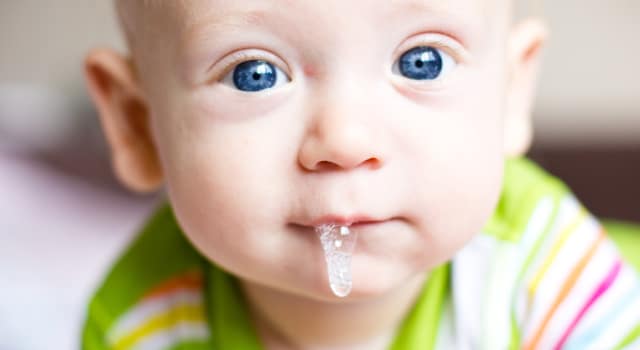 Kuramyndra/iStock/Getty Images Plus
Kuramyndra/iStock/Getty Images Plus
Patients at high or very high caries risk and those with xerostomia must use external sources of fluoride, calcium, and phosphate to prevent tooth decay.
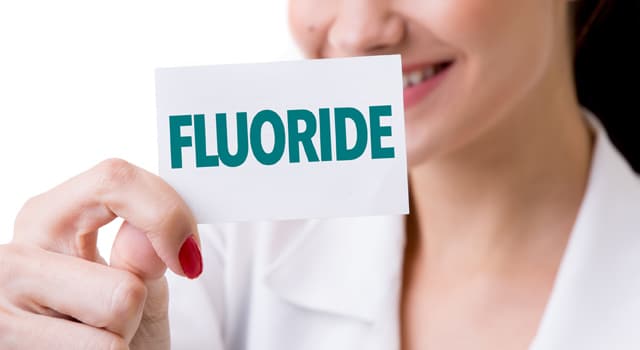 Ildo Frazao/iStock/Getty Images Plus
Ildo Frazao/iStock/Getty Images Plus
Amorphous calcium phosphate is found in which dental product?
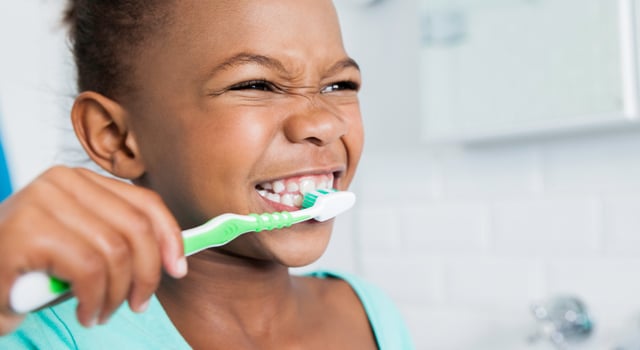 AfricaImages/iStock/Getty Images Plus
AfricaImages/iStock/Getty Images Plus
Casein phosphopeptides-ACP uses a destabilized form of ACP to exert its anti-cavity properties.
 LuckyBusiness/iStock/Getty Images Plus
LuckyBusiness/iStock/Getty Images Plus
Which remineralizing therapy was originally designed to help regrow bone?
 ChooChin/iStock/Getty Images Plus
ChooChin/iStock/Getty Images Plus
Products with tri-calcium phosphate are designed to provide which benefit?
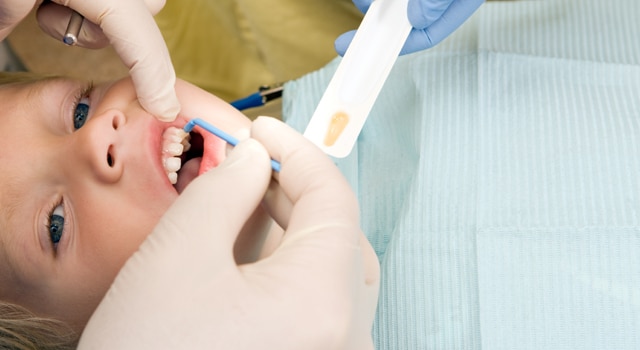 BanksPhotos/iStock/Getty Images Plus
BanksPhotos/iStock/Getty Images Plus
Please select 2 correct answers
Preventive therapies containing calcium and phosphate compounds provide better remineralization potential than saliva alone.
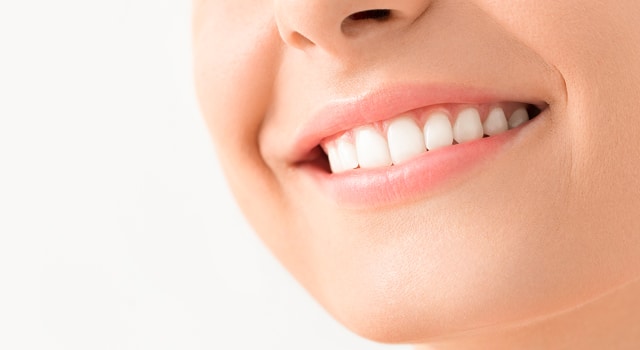 scyther5/iStock/Getty Images Plus
scyther5/iStock/Getty Images Plus
Share your Results:

